Our Services
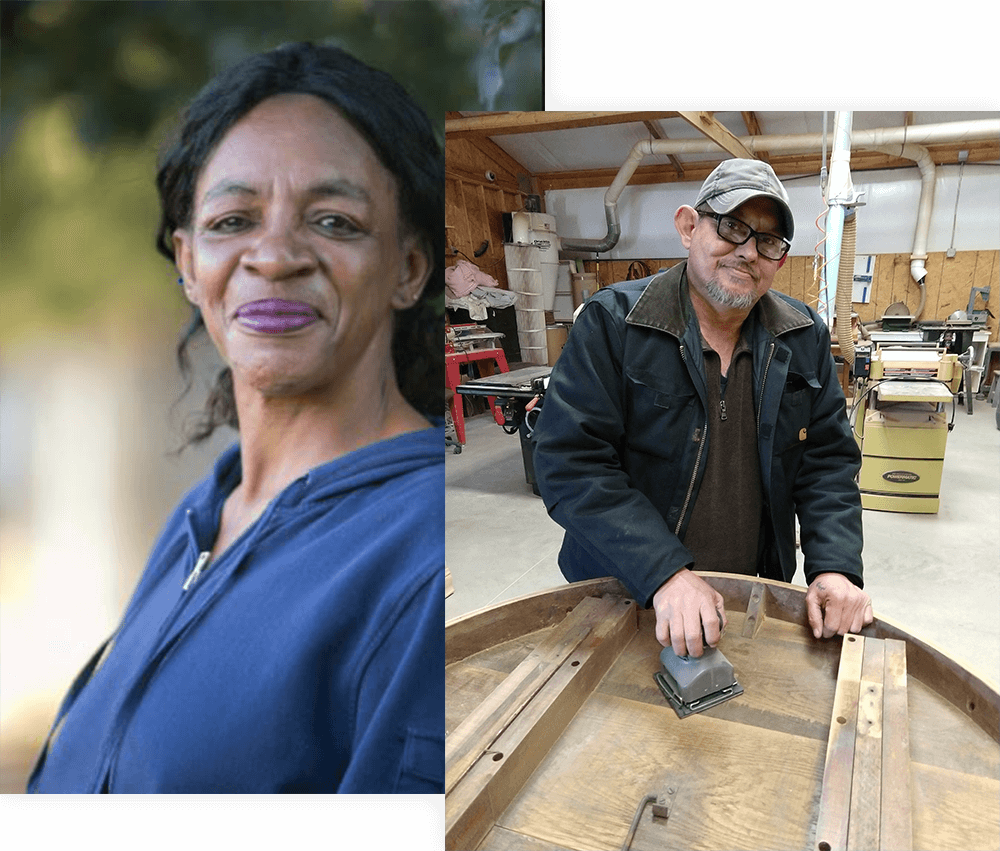
Overcoming Homelessness
Greenwood Pathway House offers life-changing support through the transformative grace of Christ that equips individuals to overcome homelessness and build functional lives.
We serve men, women, and single parent families who were living in Greenwood County or Abbeville County at the time they became homeless.
Our trauma-specific services address the root causes of homelessness by meeting the mental, physical, relational, and spiritual needs of our clients. Our goal is to help our clients build a functional life, post trauma, that equips them to overcome homelessness permanently.
In the Last 10 Years:
2754
Men, women & children helped
877
Clients moved into housing

902
Clients obtained employment

524
Clients in work skills training
We Serve Individuals Who Were Living in the Following South Carolina Locations:
- Greenwood County
- Abbeville County
Due to limited bed space, we are unable to help people who were not living in Greenwood County, or Abbeville County, South Carolina, at the time they became homeless.
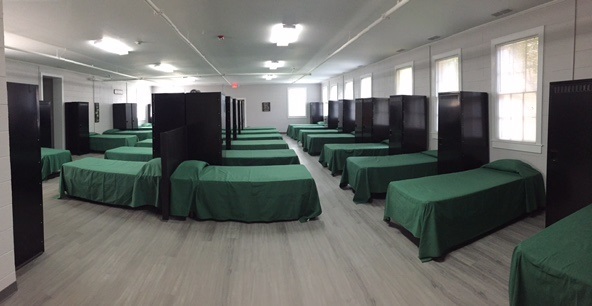
Men's Ministry
An open bay facility for 34 homeless men.
We provide safety, stability, food, case management, faith development training, access to medical services, and laundry facilities for all our male clients.
To get help click here.
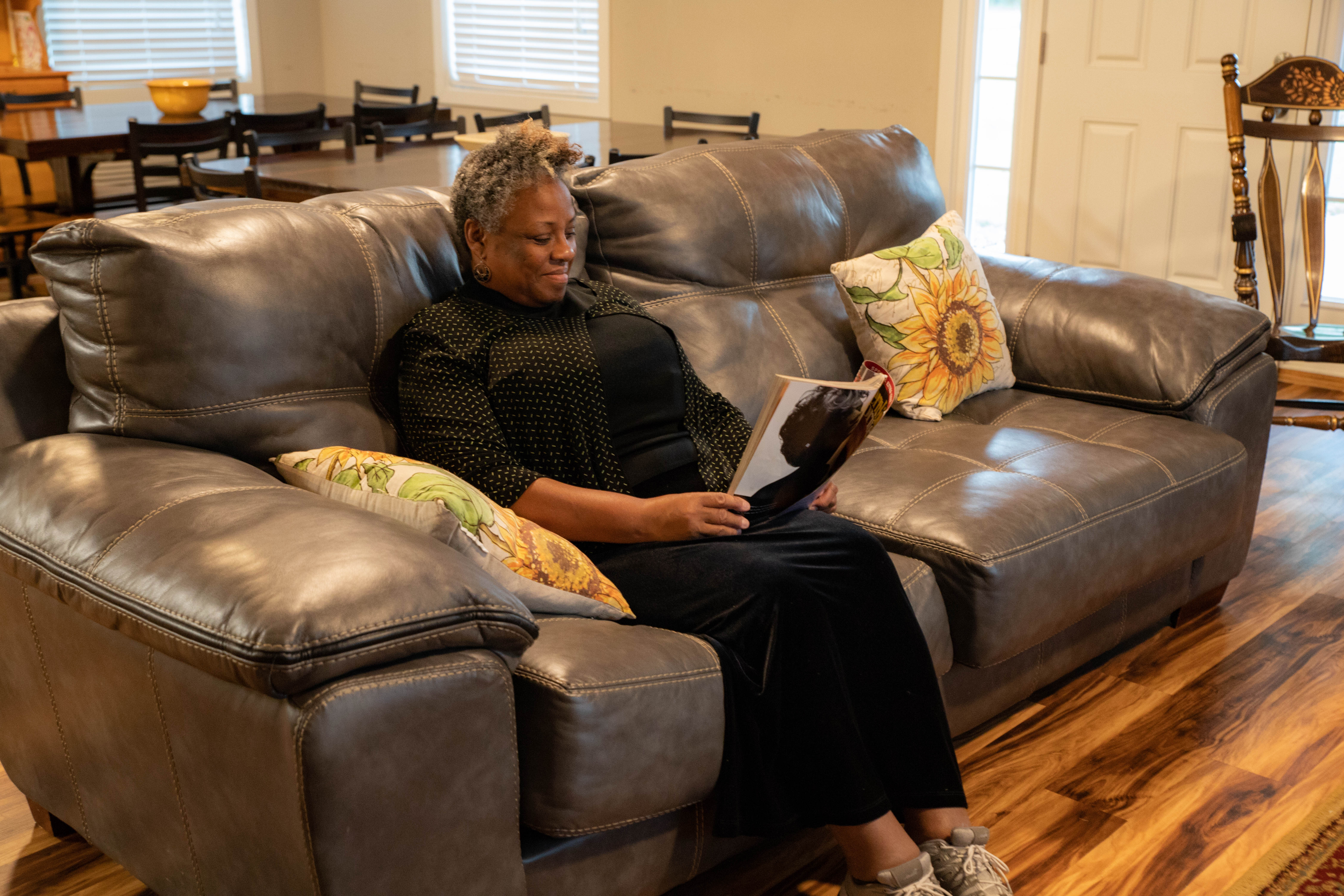
Women's Ministry
A dormitory style facility for 12 women.
We provide safety, stability, food, case management, faith development training, access to medical services, and laundry facilities for all our female clients.
To get help click here.
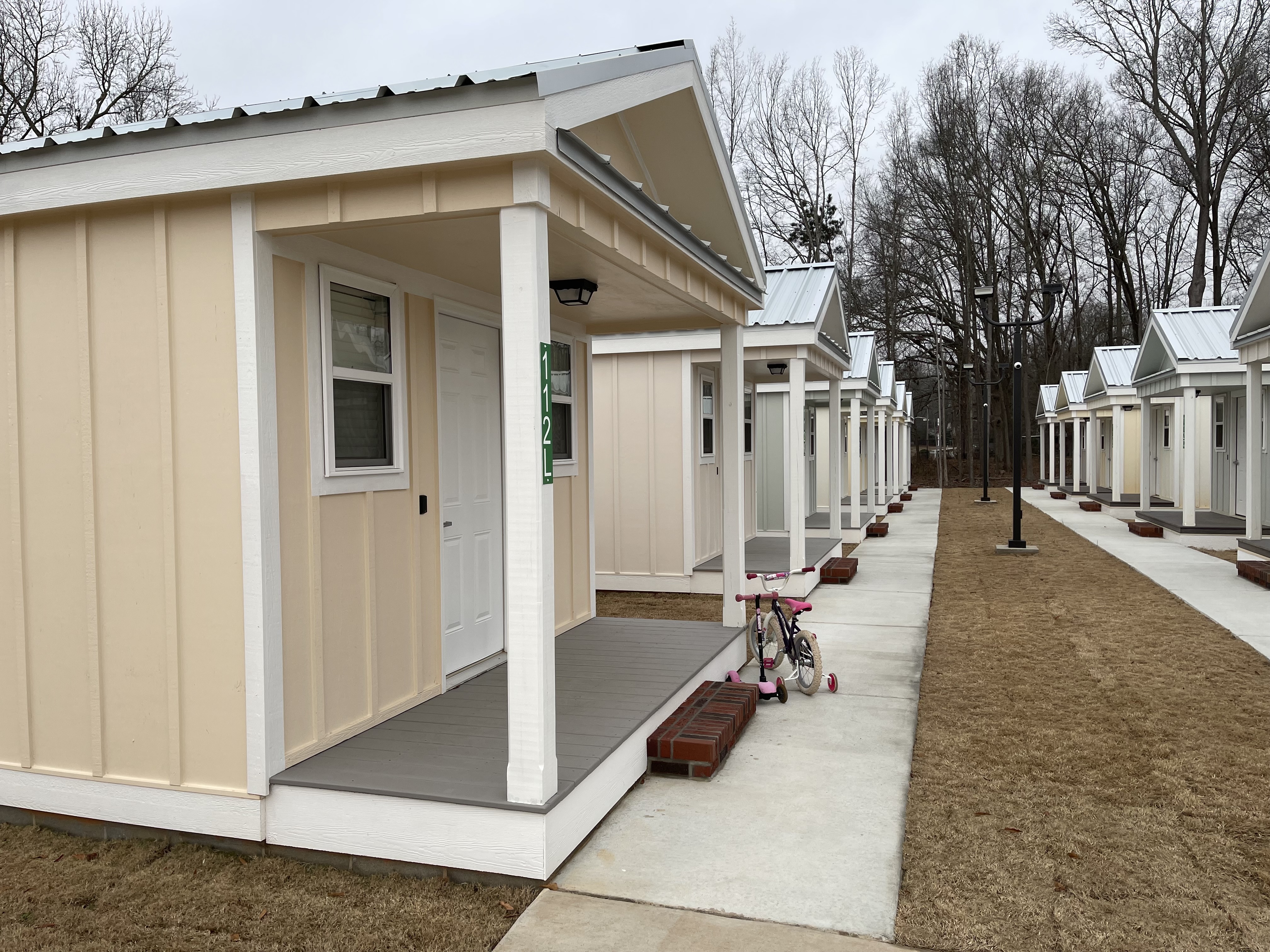
Family Ministry
Cottages for 11 single parents with children.
We provide safety, stability, food, case management, faith development training, access to medical services, and laundry facilities for all our families.
To get help click here.
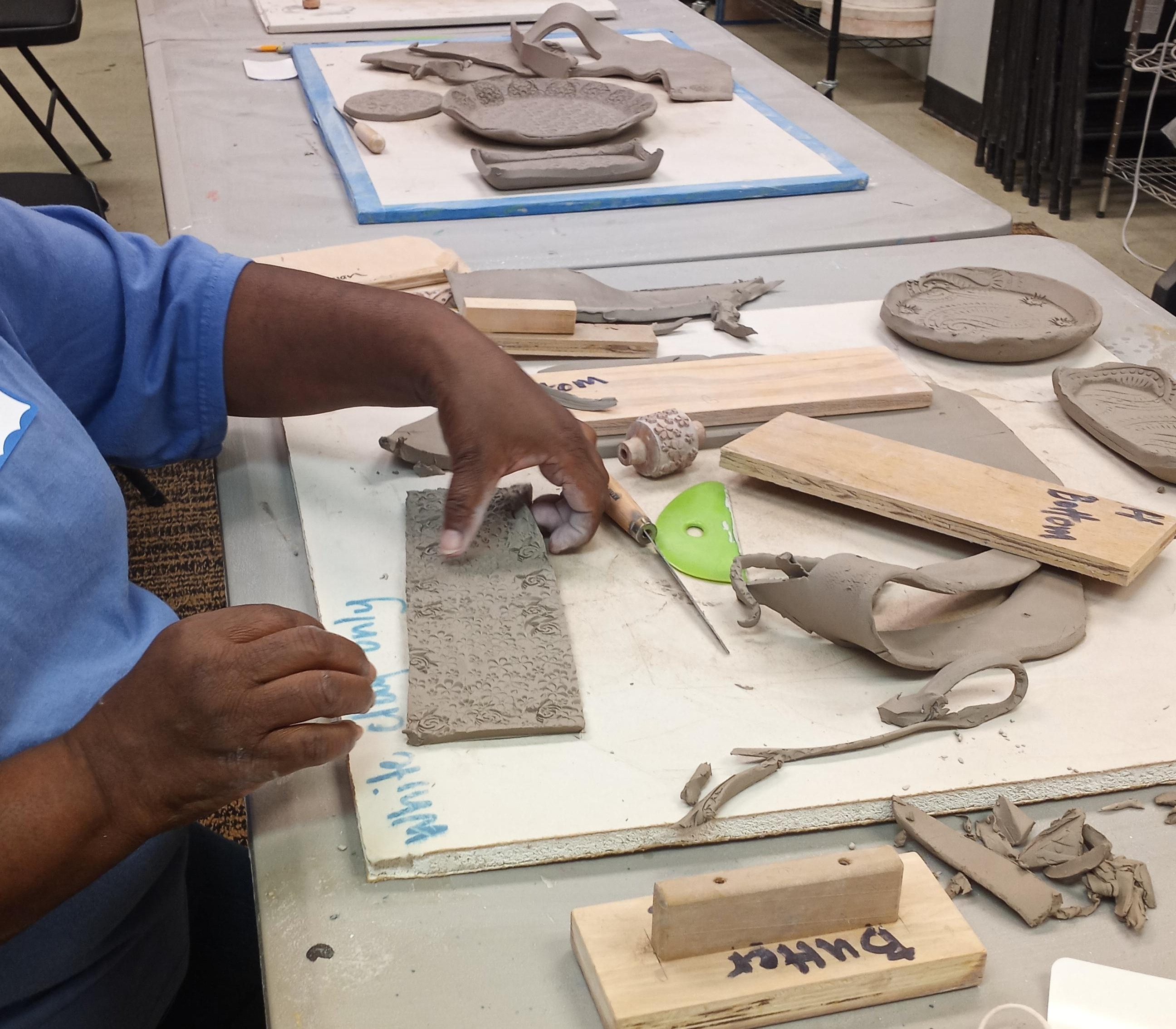
On-Campus Programs
Our campus provides 28 different programs designed to address the root causes of homelessness and equip our clients to build a functional life. These programs help our clients learn new skills, make life changes, and gain valuable experience.
We also partner with other agencies, businesses, and providers in our community to help meet all of the needs of our clients.
What We Do NOT Provide:
- We are NOT a recovery program
- We are NOT a detox facility
- We are NOT a medical facility
- We are NOT an assisted living facility
- We are NOT a mental health facility
- We are NOT transitional housing
- We do NOT provide childcare
